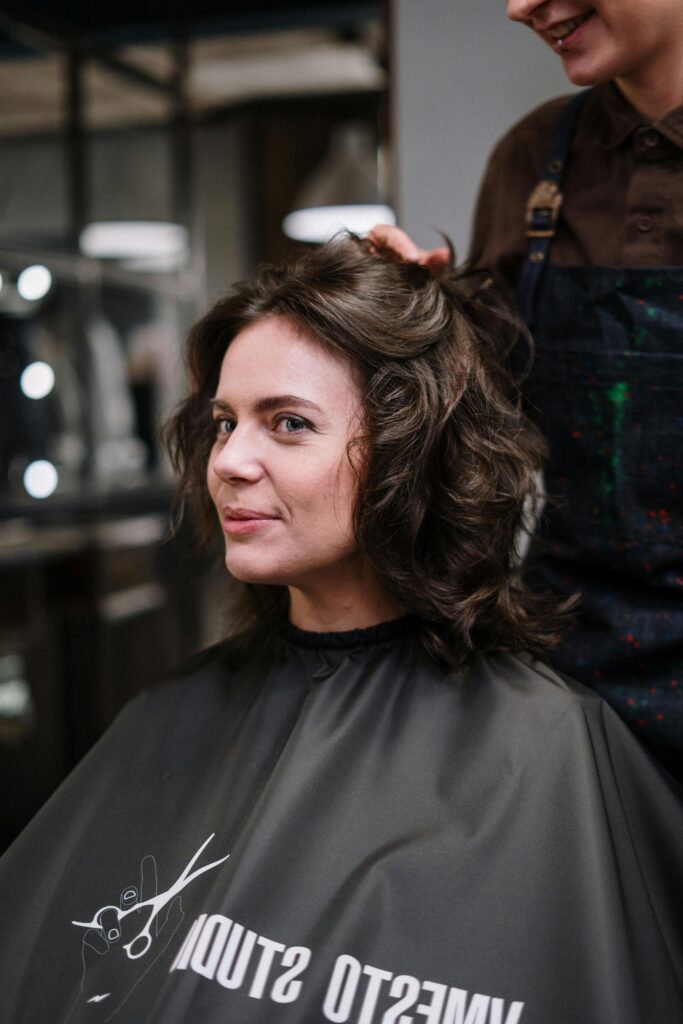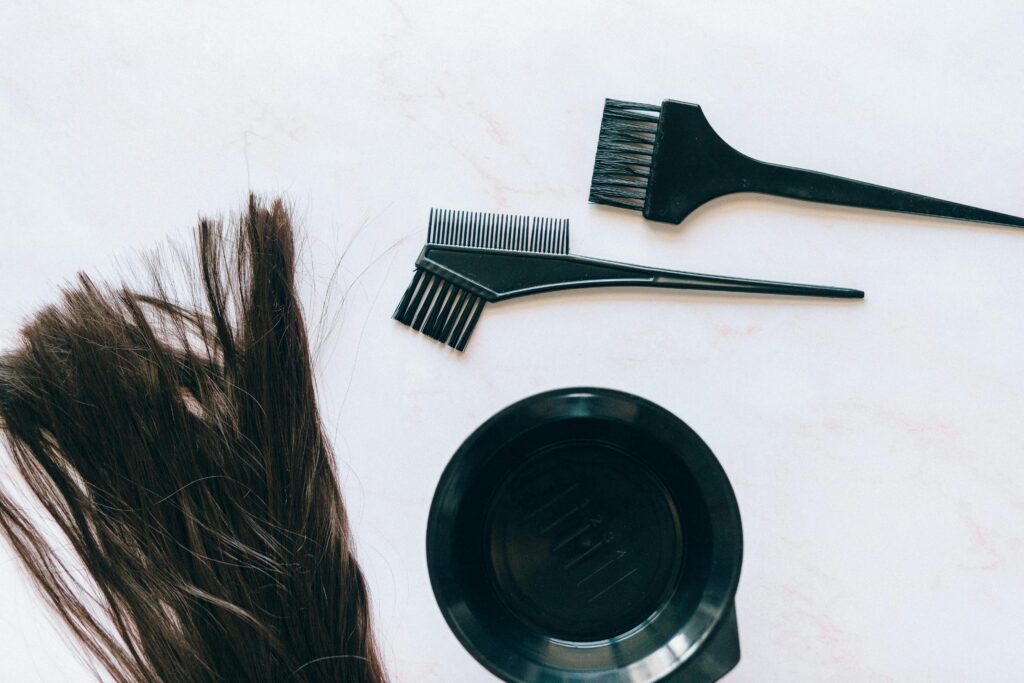Introduction
Hair loss, a condition that affects millions of women worldwide, can be distressing and impact self-esteem. While it’s common to lose some hair daily, excessive hair loss can signal underlying issues. This article aims to provide a comprehensive understanding of hair loss in women, its causes, and effective ways to address it, while debunking common myths.
Table of Contents
Causes of Hair Loss in Women
Hair loss in women can result from a variety of factors, including:
1. Hormonal Changes: Hormonal fluctuations due to pregnancy, menopause, or conditions like polycystic ovary syndrome (PCOS) can cause significant hair loss. Estrogen levels play a key role in maintaining hair growth, and imbalances can disrupt the hair growth cycle.

2. Genetics: Genetic predisposition is a major factor in hair loss. Androgenetic alopecia, or female pattern baldness, is the most common hereditary cause. It typically results in thinning hair on the top of the head and a widening part.

3. Nutritional Deficiencies: Inadequate intake of essential nutrients, such as iron, zinc, and vitamins (especially vitamin D and B12), can lead to hair loss. A balanced diet is crucial for maintaining healthy hair.

4. Medical Conditions: Certain medical conditions, including thyroid disorders, autoimmune diseases, and chronic illnesses, can affect hair health. Conditions like alopecia areata, where the immune system attacks hair follicles, also contribute to hair loss.

5. Stress: Physical or emotional stress can trigger temporary hair loss known as telogen effluvium. This type of hair loss usually occurs a few months after a stressful event and often resolves on its own.

6. Hair Treatments: Frequent use of harsh hair treatments, including dyes, perms, and relaxers, can weaken hair and lead to breakage or loss. Over-styling and excessive heat from hair dryers and straighteners also contribute to hair damage.



Effective Solutions for Hair Loss
Understanding the underlying cause of hair loss is crucial for effective treatment. Here are some solutions to consider:
1. Nutritional Adjustments: Improve your diet by incorporating nutrient-rich foods. Include foods high in iron, zinc, and vitamins to support hair health. Consider supplements if dietary changes are insufficient, but consult a healthcare provider before starting any new supplement.
2. Stress Management: Implement stress-reducing practices such as meditation, yoga, or regular exercise. Reducing stress can improve overall health and potentially mitigate stress-induced hair loss.
3. Gentle Hair Care: Adopt a gentle hair care routine. Use mild shampoos and conditioners, avoid excessive heat styling, and limit the use of harsh chemicals. Regularly trimming your hair can help reduce split ends and breakage.
2. Medical Treatments: Consult a healthcare provider to explore medical treatments. Prescription medications such as minoxidil and finasteride are commonly used to treat hair loss. These treatments can help stimulate hair growth and slow down the progression of hair loss.
5. Professional Advice: Seek advice from a dermatologist or trichologist. These specialists can diagnose the cause of hair loss and recommend targeted treatments, including topical solutions, laser therapy, or hair transplant surgery if necessary.



Myths About Hair Loss
Several myths about hair loss can lead to misunderstandings and ineffective treatments. Here are some common misconceptions:
- Myth: Wearing Hats Causes Hair Loss.
Fact: Wearing hats does not cause hair loss. Hair loss is primarily due to genetics, hormonal imbalances, or medical conditions. While hats can potentially cause breakage if they are too tight or made from harsh materials, they do not impact hair follicles or cause hair loss.
- Myth: Hair Loss Increases During Menstrual Periods.
Fact: While hormonal fluctuations during menstrual cycles can affect hair growth, they typically do not cause significant or permanent hair loss. Normal hair shedding may be slightly more noticeable, but it does not usually lead to substantial hair thinning or loss. If hair loss is a concern, other factors such as hormonal imbalances or underlying health conditions should be considered.
- Myth: Frequent Shampooing Causes Hair Loss.
Fact: Washing hair regularly does not cause hair loss. In fact, maintaining a clean scalp is essential for healthy hair growth. Use a mild shampoo to avoid stripping the hair of its natural oils.
- Myth: Hair Loss Is Only Related to Genetics.
Fact: While genetics play a significant role, other factors like hormonal changes, medical conditions, and lifestyle choices can also cause hair loss. Addressing these factors can help manage and prevent further loss.
- Myth: Hair Loss Is Permanent.
Fact: Hair loss is not always permanent. Many cases of hair loss are temporary and can be reversed with proper treatment and lifestyle changes. Early intervention is key to achieving the best outcomes.



Conclusion
Hair loss in women can be a challenging experience, but understanding its causes and exploring effective solutions can make a significant difference. By debunking myths and adopting a holistic approach to hair care, you can take proactive steps to manage and improve your hair health. If you experience excessive hair loss, consulting a healthcare provider for a proper diagnosis and treatment plan is essential. At Health Authentica, we’re committed to providing you with accurate information and support to help you navigate your hair health journey.










